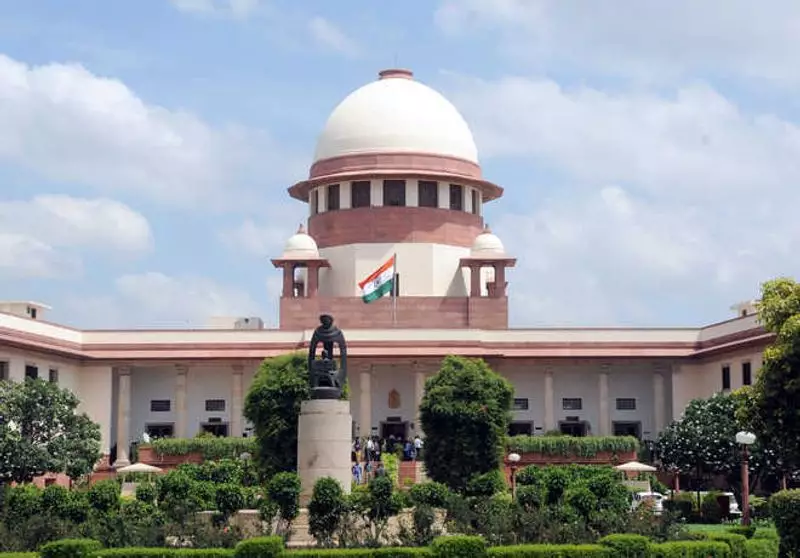
In a startling revelation that exposes deep cracks in India's judicial system, the Supreme Court has disclosed that a staggering 8.8 lakh execution petitions are currently pending across various courts in the country. This massive backlog represents one of the most significant challenges facing the Indian judiciary today.
The Gravity of the Situation
The Supreme Court, expressing serious concern over this alarming figure, has directed all High Courts to implement immediate measures for the speedy disposal of these long-pending cases. Execution petitions, which are crucial for enforcing court decrees and ensuring justice is actually delivered, have been accumulating at an alarming rate across Indian courts.
Supreme Court's Directive to High Courts
The apex court has not merely highlighted the problem but has taken proactive steps toward resolution. All High Courts have been instructed to:
- Prioritize the clearance of execution petitions
- Develop systematic approaches for case management
- Implement time-bound disposal mechanisms
- Regularly monitor progress in reducing pendency
Why Execution Petitions Matter
Execution petitions represent the final stage of the legal process where court decisions are implemented and enforced. When these petitions remain pending, it essentially means that even after winning a legal battle, citizens cannot access the justice or relief granted to them by the courts. This undermines the very purpose of the judicial system and erodes public trust in legal institutions.
The Larger Pendency Problem
This revelation comes against the backdrop of India's broader judiciary challenges, where crores of cases across all categories remain pending for years, and sometimes decades. The 8.8 lakh figure specifically for execution petitions highlights a critical bottleneck in the justice delivery mechanism that directly affects the enforcement of rights and implementation of court orders.
The Supreme Court's intervention signals a renewed focus on addressing systemic issues within the Indian judiciary and ensuring that justice isn't just delivered on paper but is actually realized by citizens.





